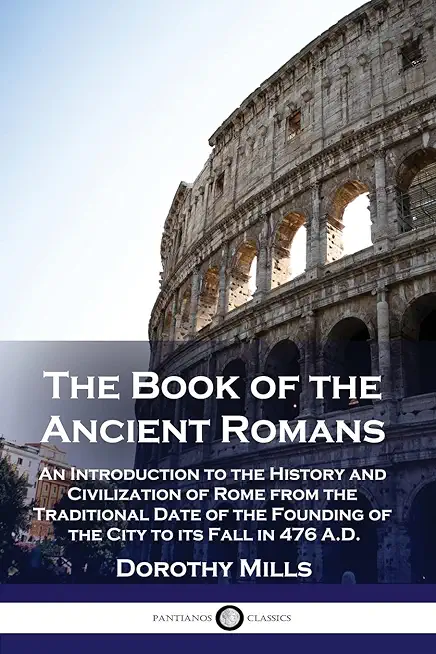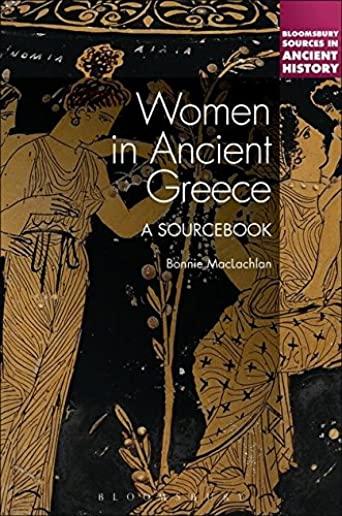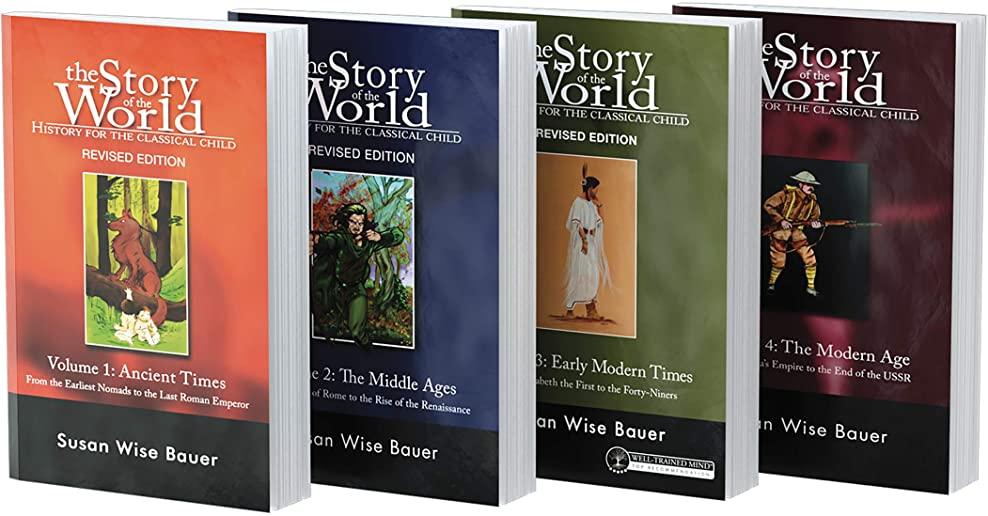
Mills, Dorothy
Comprehensive and engaging, Dorothy Mills uses her experience as an educator to tell the story of ancient Rome. Her use of sources from antiquity concern both the military conquests and the civilian life of the ancient civilization; we are given a good impression of the artistic, cultural, religious and trading life of Rome in addition to its many famous campaigns and victories over its rivals. The conquests of Carthage, Gaul, Greece and Asia Minor are accompanied by descriptions of Roman society, which viewed itself as a bringer of civilization for the betterment of Europe.
The most famous leaders and heroes of the Empire are included, the deeds and accomplishments of Scipio Africanus, Caius Marius, and Julius Caesar vividly recounted. The golden age of Rome under the Emperor Augustus followed a period of upheaval which changed the Roman system of governance from Republic to Empire. With so much power concentrated in the hands of one man, the Emperor, the system was prone to instability, with Nero and Caligula counted among the worst leaders for their insanity. Others however, such as Trajan and Marcus Aurelius, managed the Empire well. As the final chapters attest however, Rome's decline was steady and then sudden: the Empire was split into East and West, before collapsing in 476 AD.







